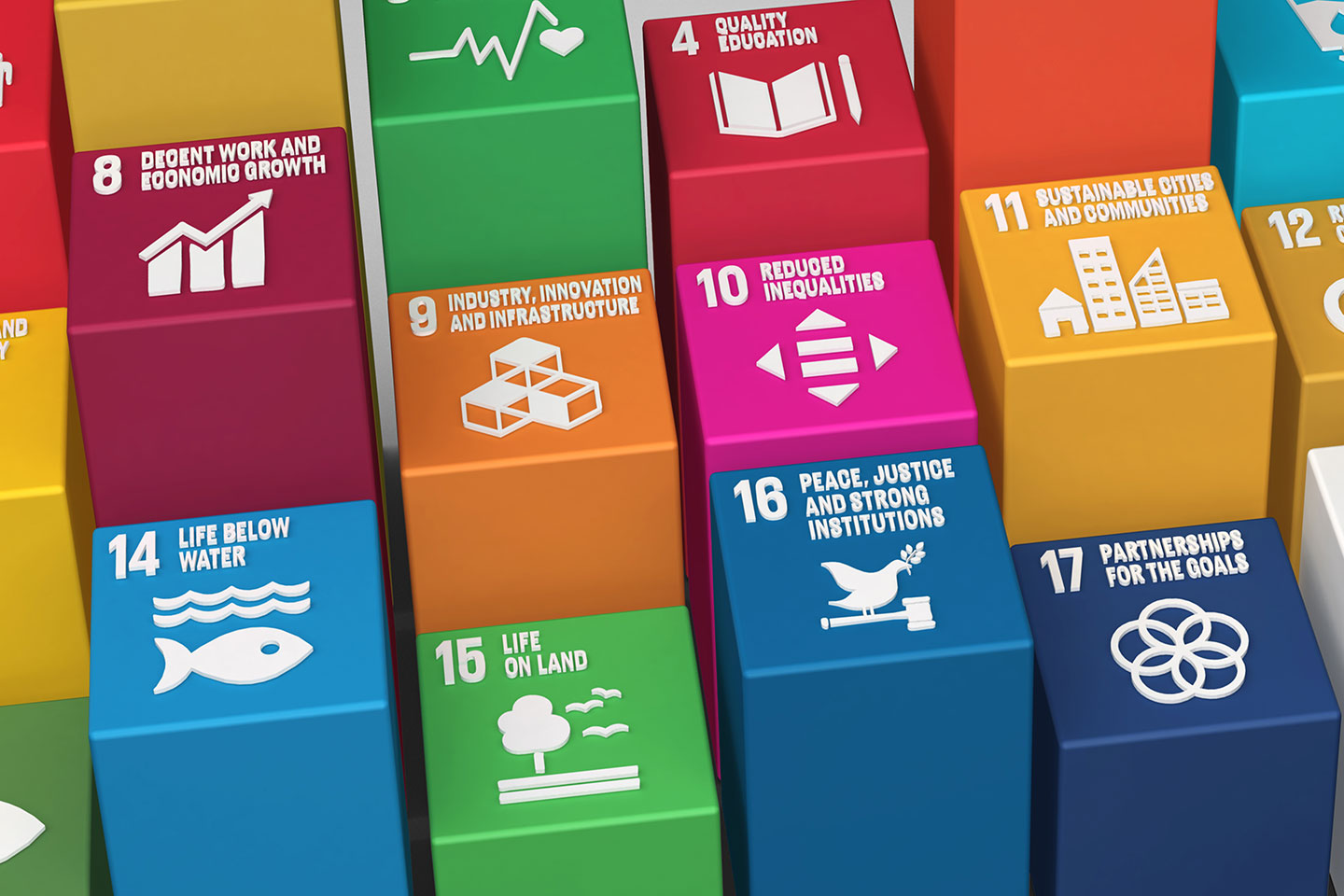

Late last year, award-winning novelist Arundhati Roy captured the essence of rebuilding after the year that was.
In a piece for The Financial Times, she wrote that while we long for a return to “normality”, we are better to acknowledge the rupture it has left and use the pandemic as a portal to imagine a new world.
While some may find the concept of a new world uncomfortable, the idea of rebuilding stronger, more agile and resilient is not only exciting but essential.
I believe we are already on our way.
Consider how quickly we were able to return to lockdown and for St Stephen’s School, the ability to quickly pivot to online connection with our community in late January is only one example of what Roy was alluding to.
As part of planning for our School’s next Strategic Plan, our leadership team’s annual Leadership Conference centred on the Sustainable Development Goals (SDGs) (https://www.globalgoals.org/).
These 17 Global Goals, agreed to by world leaders in a 2015 address, are seen as fundamental if we are to create a better world by 2030.
The goals cover a wide range of areas from ending poverty to fighting inequality and addressing the urgency of climate change.
The responsibility lies with each of us to look at how small changes in our own spheres of influence can help contribute towards these common goals.
At St Stephen’s School there are obvious goals we can, and are, working towards including continuing providing a quality education, gender equality, good health with a focus on both mental and physical wellbeing and environmental sustainability.
To this end the School has also adopted a clean energy plan.
This plan includes installing solar (where able), increase the use of efficient lighting, recycling, looking at ethical supply chains and using other sustainable options in our infrastructure.
This plan works concurrently with the educational activities that students are involved in about climate change, sustainable cities and communities.
We pride ourselves on being an innovative school and were officially recognised as one by The Educator magazine in 2020. We seek out and work with industry partners to achieve our goals both, as an educational institution and as a business.
Alice Macdonald, Campaigns & Policy Director at Project Everyone, who are behind the Global Goals initiative said 2020 was supposed to be the biggest year towards achieving the goals.
She labelled it a “super year” thanks to critical summits like the Climate COP, and 2020 also marked five years since United Nations leaders agreed to what was to begin the ‘Decade of Action’. However, as we now know, things didn’t go exactly to plan! There is now even more work to be done to reach the 2030 deadline.
To reach the 2030 target we must all work together, and future planning should have the Global Goals in mind.
Five reasons why working together will help us to “build back better”, as Macdonald states are: have a universal vision, a basis for renewed global coordination, an interconnected way of thinking, leave no one behind and everyone has a role to play.
“For the first time in history humanity shares one common Goal – beating COVID,” MacDonald shared. “When we have achieved that we must do the same with the SDGs - the Global Goals must be all our Goals.”
Finally, from Arundhati Roy – “nothing could be worse than a return to normality”.
“Historically, pandemics have forced humans to break with the past and imagine their world anew. This one is no different. It is a portal, a gateway between one world and the next.
We can choose to walk through it, dragging the carcasses of our prejudice and hatred, our avarice, our data banks and dead ideas, our dead rivers and smoky skies behind us. Or we can walk through lightly, with little luggage, ready to imagine another world. And ready to fight for it.”
For us at St Stephen’s School, Roy’s words are vital as we continue to strive for a better world for our students now and for the generations to come.












